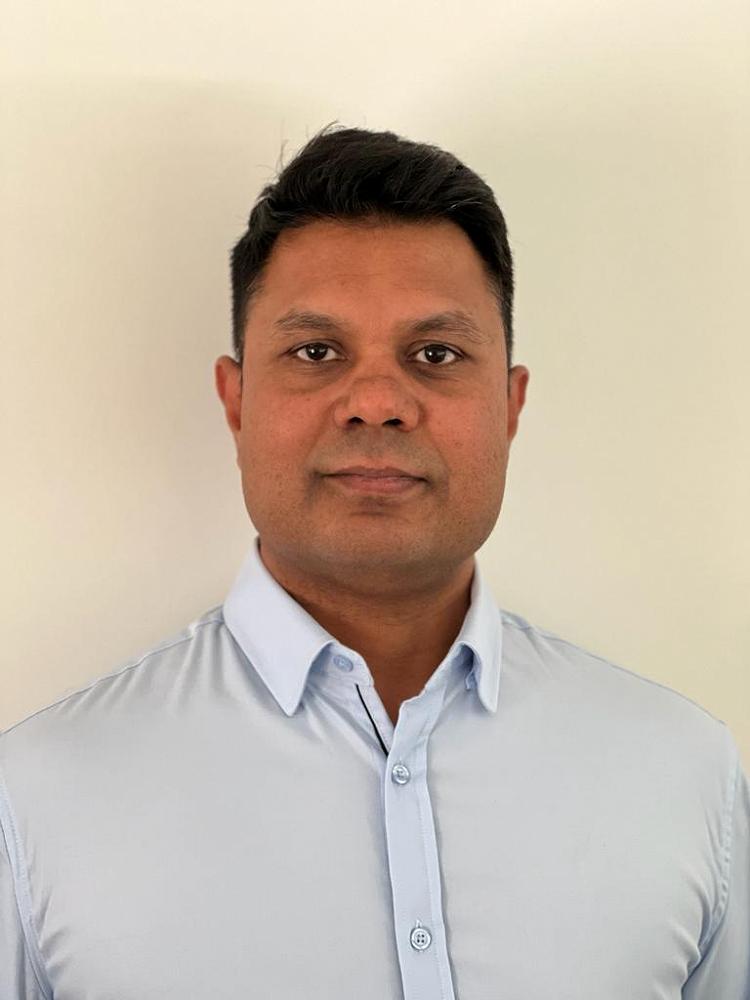
Great Minds: Selecting, Deciphering and Sharing the Wisdom of the Past
Rev Abhishek Solomon, a presbyter at East Coast Bays Methodist Parish in Auckland and a PhD candidate at the University of Auckland, this month launches a new Touchstone series of articles on great thinkers who shaped our world. In this article Abhishek introduces readers to what will be a regular, thought-provoking and inspiring read.
Stories are essential to humanity. They express something profound about who we are, where we come from and where we are going. They transcend culture, time and generations. They are a significant factor in creating a connection between human cultures. We are instantly drawn to stories because we find ourselves in them and discover in them a transcendental truth that appeals to our human nature.
The truths that we discover and come to believe include the truths of our faith or what we call theological or spiritual truths. These truths are not born in a vacuum, nor did they suddenly drop out of heaven. What we believe today is shaped by the thoughts of those who went before us. Those who toiled hard to bring clarity and understanding to our faith.
But who are these thinkers? What impact have they had and do they continue to have on the thoughts and musings of modern-day theologians and philosophers?
Great Minds is an editorial project that aims to introduce these thinkers, the most brilliant minds we have known. It is an attempt to show the capacity of their ideas to endure the test of time and shape how we have come to understand our faith and place in the world we inhabit. The thinkers featured in this series represent very different styles of thought from the field of theology, philosophy, sociology, psychoanalysis, and literature. They form an intellectual matrix of ideas and thoughts and provide a conceptual framework that marks a decisive shift in thinking about our understanding of the world.
Needless to say, it is not an easy task to decide who will make the list of “Great Minds.” Great thinkers are often identified based on their historical reputation. Usually, a list is drawn based on ideas that have most memorably shaped the intellectual world. However, this project has a different aim when thinking about greatness in terms of intellectual prowess. The main concern here is to identify ideas that help untangle the leading problems of our own time. After all, the “great” thinker is someone whose ideas stand the highest chance of being helpful in our lives now.
I will include a selection of thinkers from the ancient, medieval, modern and postmodern periods. Certain thinkers, such as Plato, Aristotle, Augustine, Descartes, Luther, Kant, Hegel, Nietzsche, Kierkegaard, Freud, Marx, Heidegger, HannahArendt, Simone Weil, Tillich, Sartre etc., would appear on any list (including this one) of influential thinkers. This project will consist of others, including non-Western thinkers.
Many of these thinkers are limited to the mysterious world of academia. What they have had to say has been hugely relevant. But how they have said it has ensured that they went unheard. Some of their ideas sounded odd and obscure, difficult to decipher. I recognise that there are serious worries around ‘simplification.’ There is a concern – sadly fed by the academic world of which I am part – that if you simplify, you inevitably betray: you omit the stuff that really matters. I follow a different conviction, believing that the essential truths deserve clear and simple formulation.
I aim to communicate what I see as the important ideas in chosen thinkers by following the principles listed:
· Only a very few things that anyone has ever said are likely to be central and of lasting importance.
· These key points are detachable from the entire body of a thinker’s work.
· We need a central message spelt out memorably and simply.
· Context is crucial but not absolute. Important truths are discovered in strange places and can be extricated from them. They may lie in 1st century Palestine, 3rd century China, in 18th century Paris, or in a small Indian village in the 19th century. What is of decisive importance is what they can do for us now.
Lastly, I am reminded that Søren Kierkegaard maintained: “Life can only be understood backwards, but it must be lived forwards.”
We can all learn a bit from Kierkegaard’s wisdom. The only way to make sense of the world in a constant state of flux and our place in it, we must reflect upon the past. How we got to where we are today depends entirely on the past, that which has been lived. Kierkegaard reminds us that our story is part of a much larger story, one that is full of surprising truths. I hope this series will help us discern these truths by enabling us to see theological and philosophical errors and achievements in the past and present.
